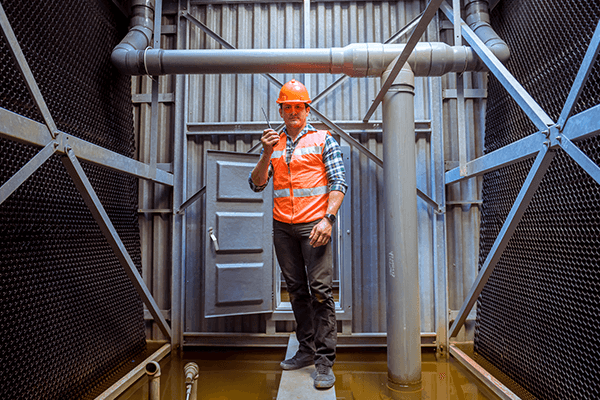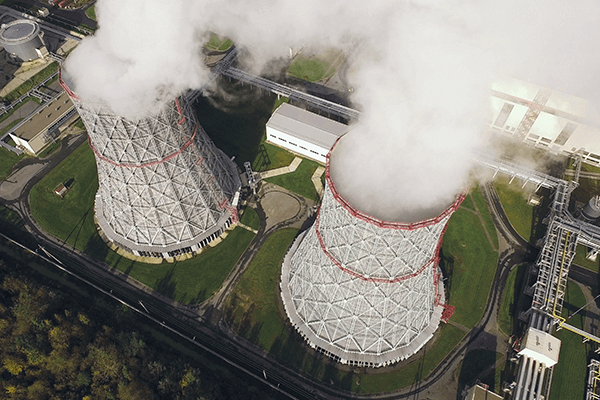Compliance with regulations and standards is a crucial aspect of cooling tower management. Cooling towers are subject to various local, national, and industry-specific regulations to ensure safety, environmental protection, and public health. This blog post will explore the importance of cooling tower compliance and highlight key regulations to consider.
Why Cooling Tower Compliance Matters
Safety: Compliance with safety regulations helps protect workers, contractors, and visitors from potential hazards associated with cooling towers. It ensures that proper safety measures, such as guarding, fall protection, electrical safety, and emergency procedures, are in place to prevent accidents and injuries.
Environmental Protection: Cooling towers can impact the environment through water usage, discharge, and potential chemical releases. Compliance with environmental regulations ensures that cooling tower operations meet water conservation, wastewater treatment, and pollution prevention standards. It helps minimize the environmental impact of cooling tower systems.
Public Health: Cooling towers can potentially harbour bacteria, including Legionella, which can cause severe illnesses. Compliance with health regulations ensures that cooling tower water treatment and maintenance practices effectively control microbial growth and prevent the spread of waterborne diseases. It protects the health and well-being of individuals near cooling towers.
Key Regulations for Cooling Tower Compliance
Occupational Safety and Health Administration (OSHA):
OSHA sets standards and regulations to ensure workplace safety, including regulations related to fall protection, electrical safety, hazardous materials handling, and emergency response procedures. Compliance with OSHA regulations is crucial to prevent accidents and maintain a safe working environment.
Environmental Protection Agency (EPA):
The EPA regulates the discharge of wastewater from cooling towers under the Clean Water Act. Compliance involves obtaining the necessary permits, adhering to effluent limits, and implementing water conservation practices. Monitoring and reporting requirements may also be specified.
Local and State Regulations:
Many local and state authorities have specific regulations and codes related to cooling towers. These may include requirements for registration, periodic inspections, maintenance protocols, water treatment practices, and reporting. It is essential to be familiar with and comply with these local regulations to avoid penalties and ensure operational compliance.

Health and Safety Standards:
Cooling towers are subject to specific health and safety standards, such as water treatment, Legionella control, and microbial monitoring. These standards may vary based on industry-specific guidelines or recommendations from organizations such as the American Society of Heating, Refrigerating, and Air-Conditioning Engineers (ASHRAE) and the Cooling Technology Institute (CTI). Adhering to these standards is crucial for protecting public health and maintaining compliance.
Energy Efficiency Standards:
Depending on the jurisdiction, cooling towers may need to meet specific energy efficiency standards. Compliance may involve using energy-efficient components, implementing control strategies to optimize performance, and periodic energy audits. Meeting these standards helps minimize energy consumption and reduce environmental impact.
Record Keeping and Documentation:
Compliance often requires maintaining comprehensive records and documentation. This may include records of inspections, maintenance activities, water treatment processes, training programs, and regulatory permits. Proper documentation demonstrates compliance and aids in audits or regulatory inspections.
Conclusion
Compliance with regulations is a vital aspect of cooling tower management. It ensures the safety of workers, protects the environment, and safeguards public health. By staying current with applicable regulations, implementing necessary protocols, and maintaining accurate documentation, organizations can demonstrate their commitment to compliance and create a safe and sustainable cooling tower operation.
If you’re ready to see how Field Eagle can help your efforts, then speak to us by booking a demo today!





